
Assassin’s Creed (Film) Review
Nobody takes video game movies seriously. Most film critics treat them as a bit of a joke, which would be irksome if it wasn’t for the fact they are nearly always correct to do so. From the perspective of games criticism, it’s more like watching a tsunami approach. You know it’s going to be a disaster, but are still surprised by the force of it when it hits.
With Assassin’s Creed, director Justin Kurzel has attempted to dispel the notion that video game movies are farcical with the most serious film ever made. Never mind their hidden blades, the titular Assassins should use smiles as their weapon of choice, because everyone in Assassin’s Creed seems to be deadly allergic to them. It’s a colourless, humourless two-hour endurance test that makes even the weakest of the games appear to burst with character by comparison.
The story is essentially a retelling of the plot from the first few Assassin’s Creed games, but with a new historical setting and a new central character. After apparently being executed by lethal injection for the crime of murder, Callum Lynch awakes in a remote complex owned by the Abstergo corporation. Part guest, part patient, part prisoner, Lynch is compelled into an experimental programme which delves into the lives of his ancestors. Descended from a long line of Assassins, Lynch plays a crucial role in the hunt for the Apple of Eden, which according to the researchers at Abstergo, has the ability to 'cure' human violence.
That’s a very abridged version of Assassin’s Creed’s labyrinthine plot, which was a convoluted mess to begin with and fares particularly poorly when squeezed into a two-hour running time. The film is admittedly very faithful to the source material, aside from changing the Animus from a computer-cum-operating table into a VR enthusiast’s dream rig. Unfortunately, it’s faithful primarily to the modern-day elements of Assassin’s Creed, which were always the least interesting parts of the game, and the case is the same here.
It’s also a faithful recreation in that the lead characters are about as interesting as a pack of Rich Tea biscuits. Fassbender’s performance as Lynch undoubtedly has presence, although it’s the kind of presence you might feel on the back of your neck while walking through a darkened alleyway. Lynch is far more of an Altair than an Ezio, all gurning, pent-up angst, entirely lacking the roguish charisma of the best of the series’ protagonists. Pretty much the only time Lynch smiles in the entire film is during a cafeteria scene where he suddenly exclaims 'What the f*** is going on?' Given the overwrought plot, I can’t help but wonder if this wasn’t acting, but Fassbender lapsing out of character.

MSI MPG Velox 100R Chassis Review
October 14 2021 | 15:04

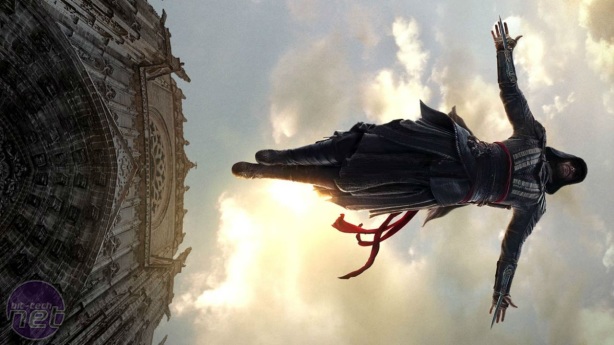
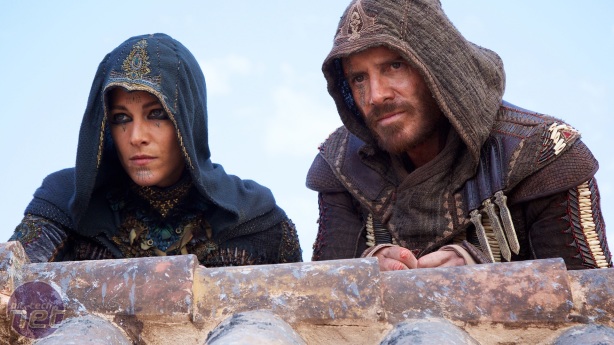
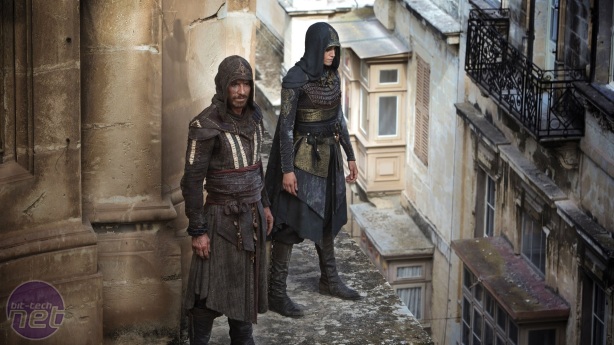
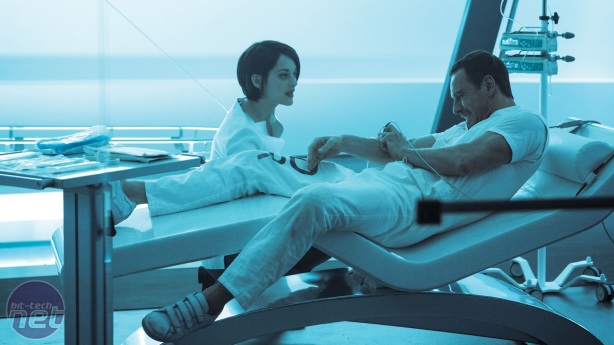

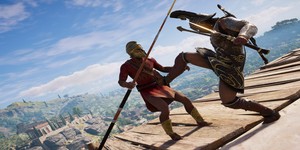






Want to comment? Please log in.